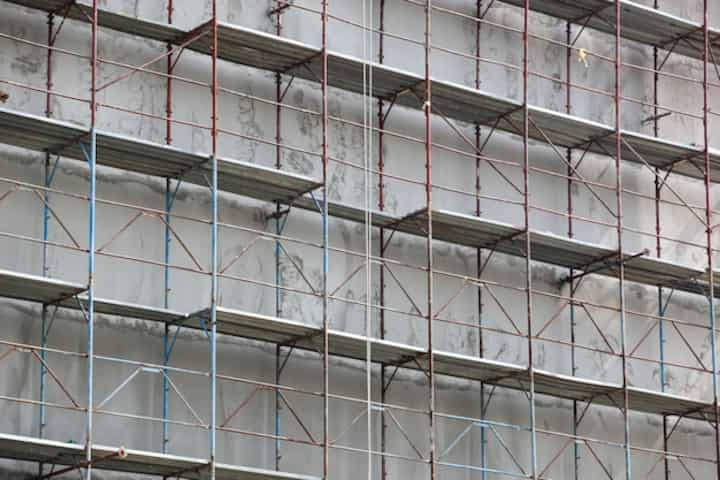
Enhance Your Property with Professional Soil Stabilization Services
Soil stabilization is a critical process in enhancing the structural integrity and value of any property. By improving the physical properties of soil, such as its strength and durability, soil stabilization ensures a stable foundation, preventing potential structural issues. In the world of construction and land development, professional soil stabilization services play a pivotal role in ensuring the longevity and safety of structures built on various types of terrain.
The Importance of Soil Stabilization
Soil stabilization is essential for numerous reasons, particularly in construction and landscaping projects. Here are some key benefits:
- Improved Load-Bearing Capacity: Stabilized soil can support heavier loads, which is crucial for buildings and infrastructure.
- Enhanced Durability: Soil stabilization increases the resistance of soil to erosion, weathering, and other environmental factors.
- Cost Efficiency: By preventing soil-related issues, stabilization reduces the need for future repairs and maintenance.
- Environmental Protection: Stabilized soil minimizes erosion and sediment runoff, protecting surrounding ecosystems.
Read more about this topic to understand the broader implications of soil stabilization on construction projects.
Methods of Soil Stabilization
Professional soil stabilization encompasses various methods, each tailored to specific soil conditions and project requirements. Some of the most common techniques include:
Mechanical Stabilization
This method involves physically altering the soil structure to improve its strength. It often includes compaction or the blending of different soil types to achieve desired characteristics.
Chemical Stabilization
Chemical stabilization utilizes additives such as lime, cement, or fly ash to enhance soil properties. These chemicals react with the soil to increase its strength and stability.
Polymer Stabilization
This modern technique involves using synthetic polymers that bind soil particles together, creating a solidified mass. Polymer stabilization is particularly effective in controlling dust and preventing erosion.
Learn more in this detailed guide on how different stabilization methods can be applied to various soil types.
Applications of Soil Stabilization
Soil stabilization is used in a variety of applications, each benefiting from its ability to improve soil properties:
- Road Construction: Stabilized soil provides a strong base for roads, enhancing their durability and lifespan.
- Landscaping: In landscaping, soil stabilization prevents erosion and maintains the integrity of green spaces.
- Building Foundations: A stable soil base is crucial for safe and long-lasting building foundations.
- Mining and Landfills: Stabilization controls dust and erosion in mining areas and landfills, ensuring environmental safety.
Explore further insights here on how soil stabilization can be a valuable asset in various sectors.
Choosing Professional Soil Stabilization Services
When selecting a soil stabilization service provider, several factors should be considered to ensure optimal results:
- Experience and Expertise: Choose providers with a proven track record in handling diverse soil stabilization projects.
- Technology and Methods: Ensure the provider uses modern techniques and equipment for effective stabilization.
- Environmental Compliance: Select services that adhere to environmental regulations and use eco-friendly practices.
- Cost and Value: Compare services based on the long-term value and cost-effectiveness they offer.
Find additional information here to aid in selecting the right soil stabilization specialists for your project.